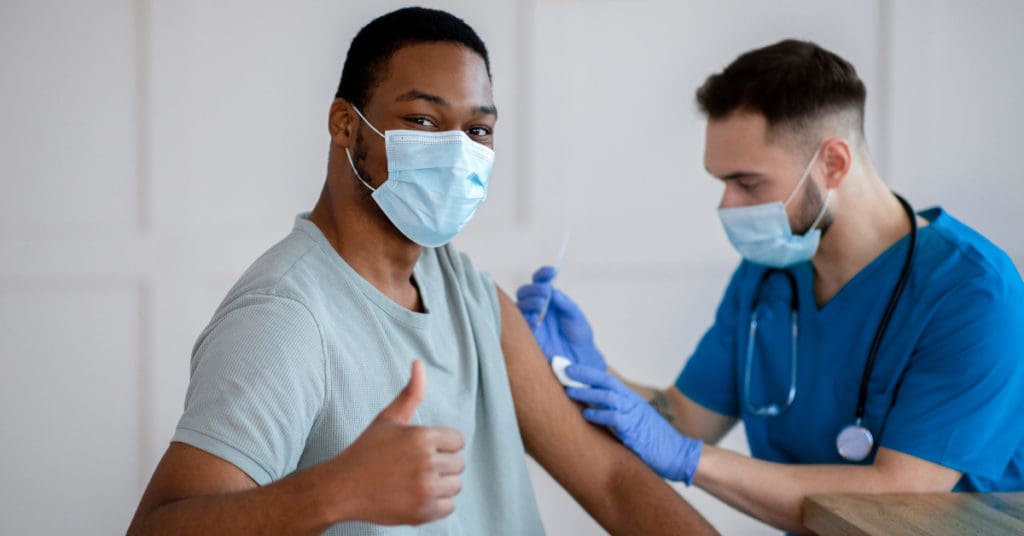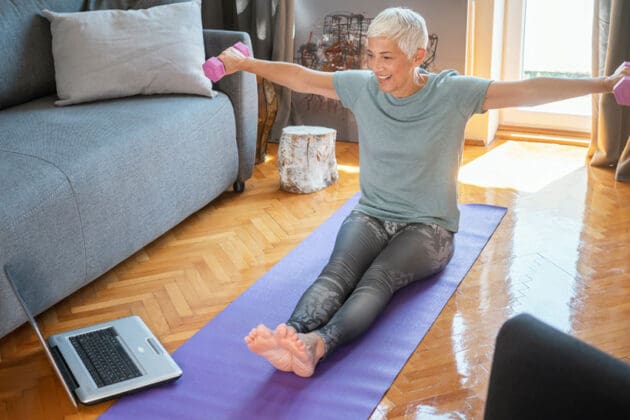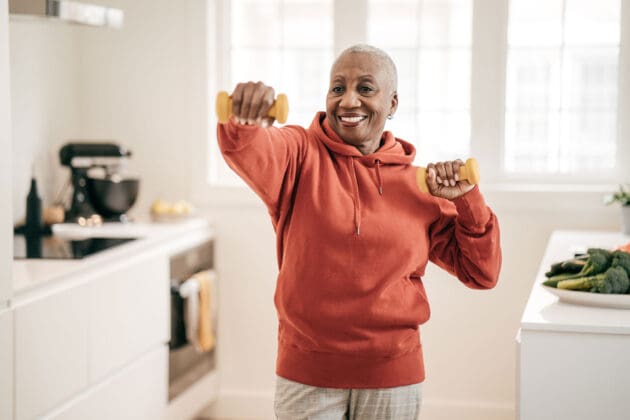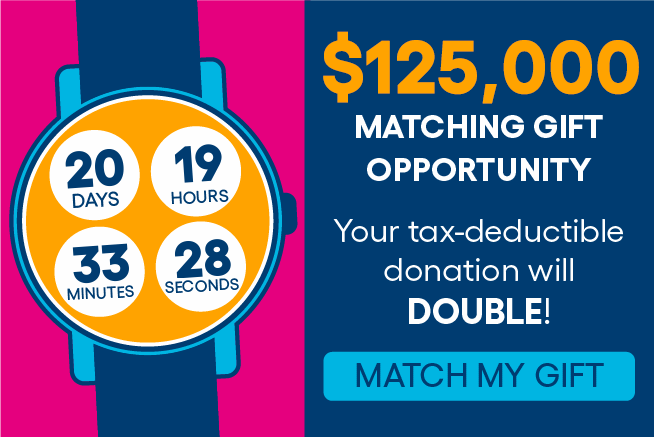
Some of the ways you keep your body healthy are all-year-long habits. From getting enough exercise to getting enough sleep, your daily routine includes many things that protect your overall health. But some items on your health to-do list have to be done at a certain time each year — like getting a flu shot.
Fall and winter are typically thought of as flu season, but you can catch the flu as early as September or as late as May! The number of people who get sick tends to be highest during the month of February.
Getting your flu shot is an important part of staying healthy, especially as you get older. Here’s what you need to know.
Who Should Get a Flu Shot?
Getting your flu shot is a great way to protect yourself from getting the flu. In fact, a flu shot can lower your chances of going to the doctor because of the flu by up to 60%.
Everyone over the age of 6 months old should get their flu vaccine each year, but it’s especially important for:
- People over 65 years old
- Young children
- Pregnant women
- Anyone with a chronic health condition like asthma, diabetes, or heart and lung disease
Getting sick isn’t fun — whether it’s the flu, a cold, or especially COVID-19.
What Flu Symptoms Should I Look Out For?
The common cold and the flu share many symptoms, so it can be difficult to tell the difference between the two on the basis of symptoms alone. Flu symptoms can begin abruptly and may be worse than cold symptoms.
Symptoms of flu can include:
- Fever or feeling feverish/chills
- Cough or sore throat
- Runny or stuffy nose
- Muscle or body aches
- Headache
- Tiredness
How Else Can I Keep from Getting the Flu?
Getting your flu shot is one way you can lower your risk of getting the flu, but it’s not the only thing you can do. Here are other important steps you can take to protect yourself against the flu:
- Avoid close contact with sick people.
- Avoid touching your eyes, nose, or mouth.
- Wash your hands often with soap and water. If soap and water are not available, use an alcohol-based hand sanitizer.
- Wear a face mask when in large groups.
What Should I Do If I Get the Flu?
Sometimes it doesn’t matter what you do to avoid the flu, you may still find yourself feeling sick.
If you have cold or flu-like symptoms:
- Ask your nurse or doctor about medication to help you get better.
- Drink lots of water to prevent dehydration.
- Limit contact with others as much as possible to keep from getting them sick too.
- Stay at home for at least 24 hours after your fever is gone (except to get medical care).
- If you must leave home, wear a face mask, or cover coughs and sneezes with a tissue. Clean your hands after discarding the tissue.
Don’t wait to get your flu shot — it takes 2 weeks to take effect.
If you’re a member of one of our health plans, call your Care Team for help finding a vaccination location near you. All others can go to https://www.vaccines.gov/ to find a convenient location.
As a part of your care, VNS Health encourages all caregivers (your nurse, rehab therapist, home health aide, etc.) to get vaccinated against the flu too. Sometimes caregivers decide not to get vaccinated for personal reasons. For those who decide not to get a flu shot, the New York State Department of Health requires that all health care personnel in your home wear a surgical mask when providing care. This law protects everyone.



